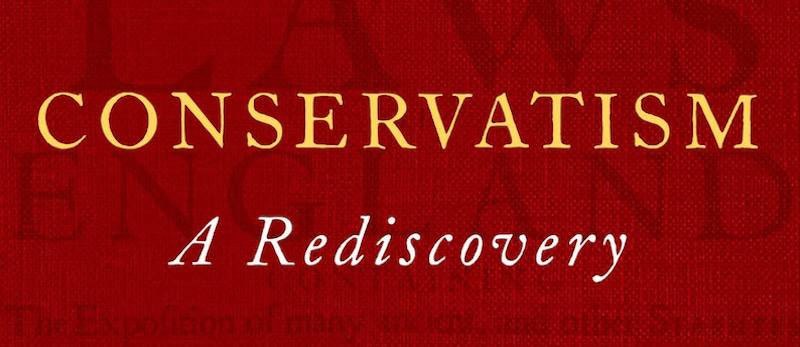A commenter on Mere-O pointed out that the intellectual Jews skeptically asked Jesus “who is my neighbor?” to get out of the problem of dealing with what they already knew to be true about the Gospel. This came in response to a post I made pointing readers to Dr. Sanders’ comments on Middlebrow about the “simplicity” of the Christian faith. My reply immediately follows:
Login to read more
Sign in or create a free account to access Subscriber-only content.
